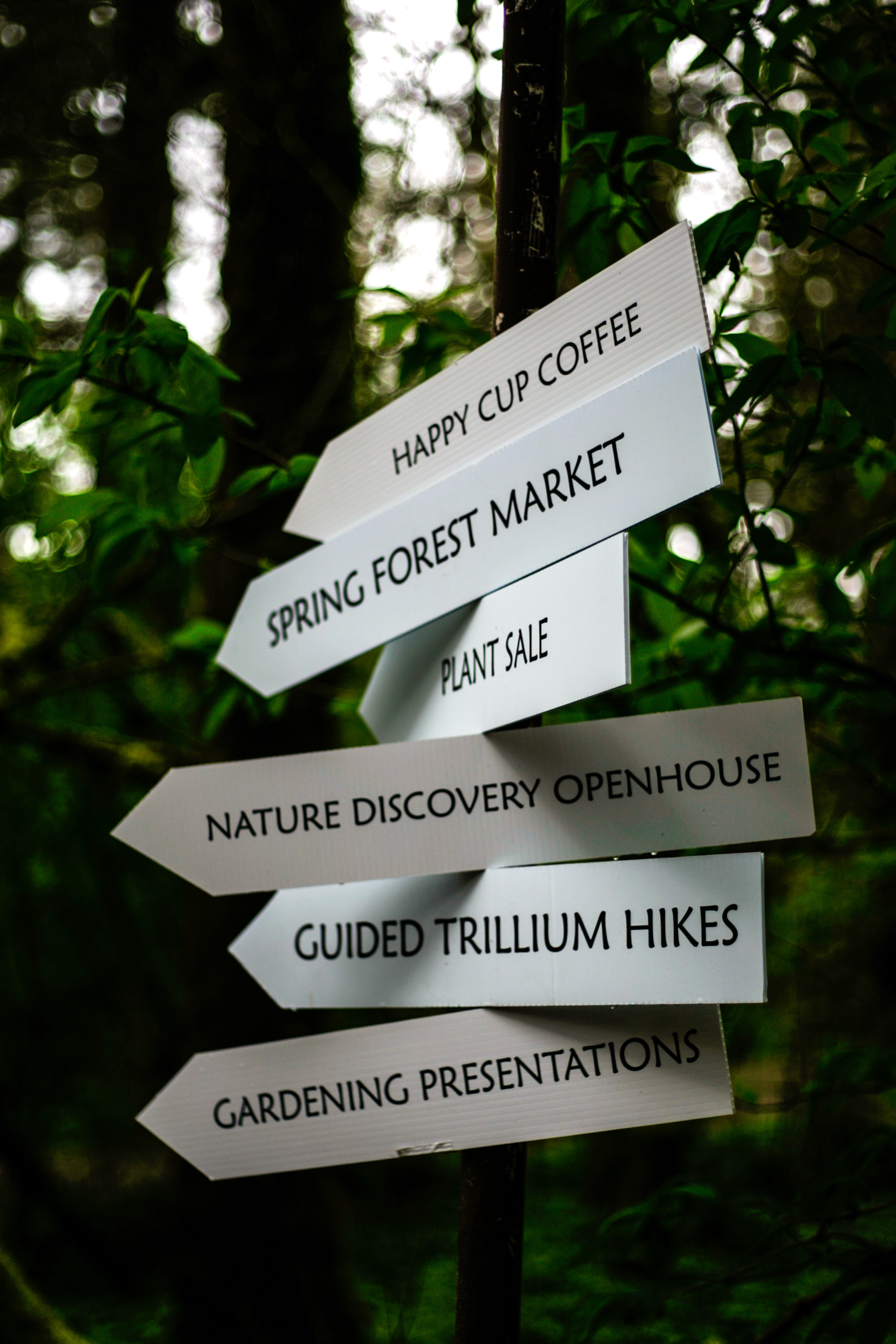
By Maddie Ticknor /// Staff Writer
It’s a beautiful Sunday morning and I find myself walking along the shady, densely forested path to the Friends of Tryon Creek Nature Center, where the annual Trillium Festival is in full swing. Of course I immediately make my way over to the coffee stand where Happy Cup Coffee is selling a cup of joe for a dollar or two and then I begin to wander around the site to explore the many aspects of the Trillium Fest.
Known to members of the Friends of Tryon as the “unofficial arrival of spring in Oregon,” the Trillium Festival is a way for the “Friends” to raise money for restoration and education programs that take place in Tryon State Park. The two day festival offered a “Native and Hardy Plant Sale,” garden presentations, Festival Artisans selling garden ornaments, bird-feeders and pottery, a “Family Discovery Open house” and guided hikes around the park.
The guided hikes, led by experienced members of the Friends of Tryon, and the garden presentations act as a medium between the state park’s private neighbors and the park itself as they spread awareness of the importance of native plants to our local ecosystem. The garden presentations were aimed toward local gardeners who sought to enhance not only their backyards but also the entire neighborhood. These presentations promoted the advancement of native wildlife habitats by suggesting plants that would attract species that could benefit from the long term growth of plants in our region as a whole. Listed among the featured speeches were, “Gardening with Native Plants,” “Attracting and Keeping Hummingbirds, Songbirds and Other Delightful Critters in Your Backyard,” and “Landscaping for Conservation.”
Friends of Tryon teamed up with Portland Audubon and The Columbia Land Trust to create the Backyard Habitat Certification Program. This organization provides guidance to local gardeners in choosing the plants that will most benefit the natural habitat the gardener is planting on. “Planting natives can create habitat, conserve water and reduce or even eliminate the use of pesticides and fertilizers that eventually end up in our local streams and rivers,” Cindy Ellison says, the backyard habitat coordinator. To learn more about how you, a neighbor to Tryon, can join this process, visit: http://www.tryonfriends.org to learn about upcoming stewardship opportunities.
Subscribe to the Mossy Log Newsletter
Stay up to date with the goings-on at Lewis & Clark! Get the top stories or your favorite section delivered to your inbox whenever we release a new issue.

Leave a Reply